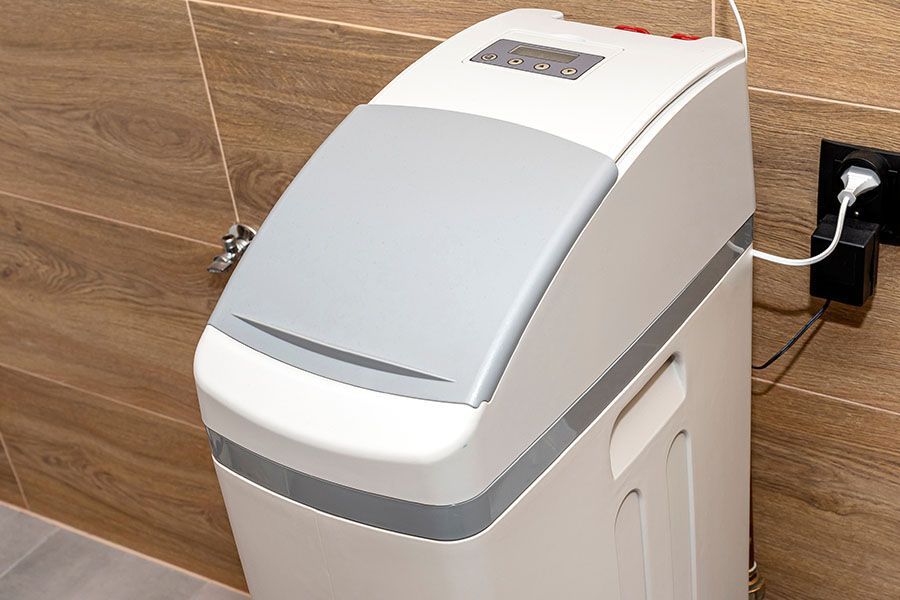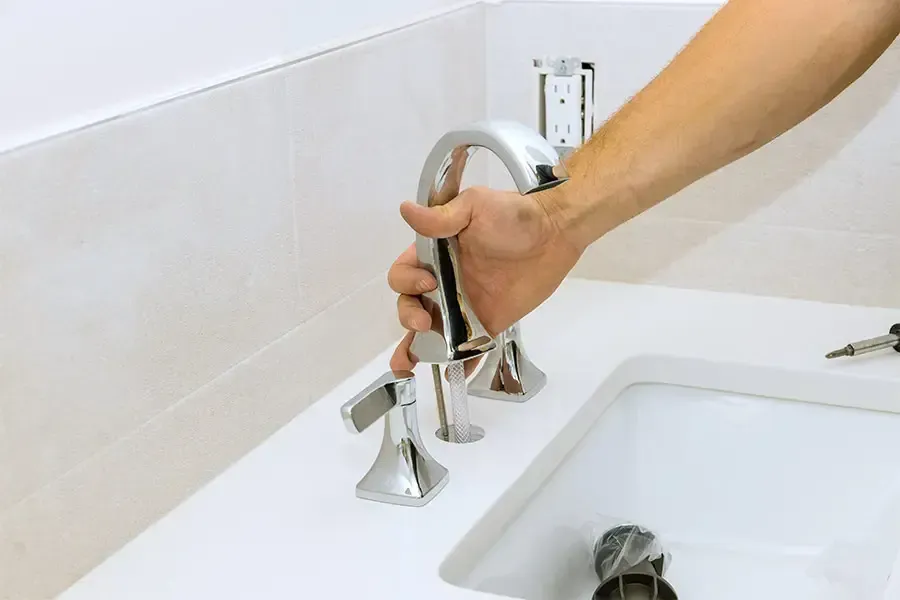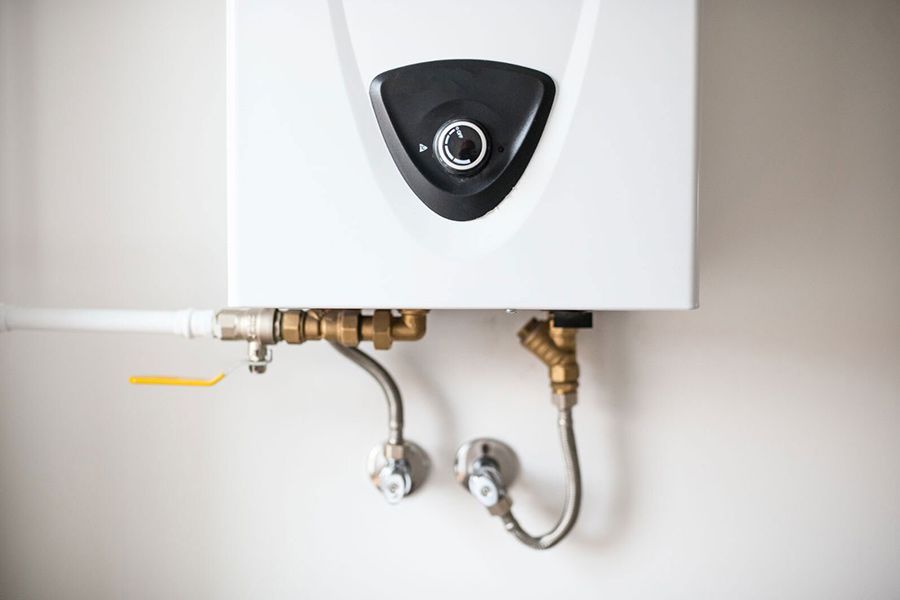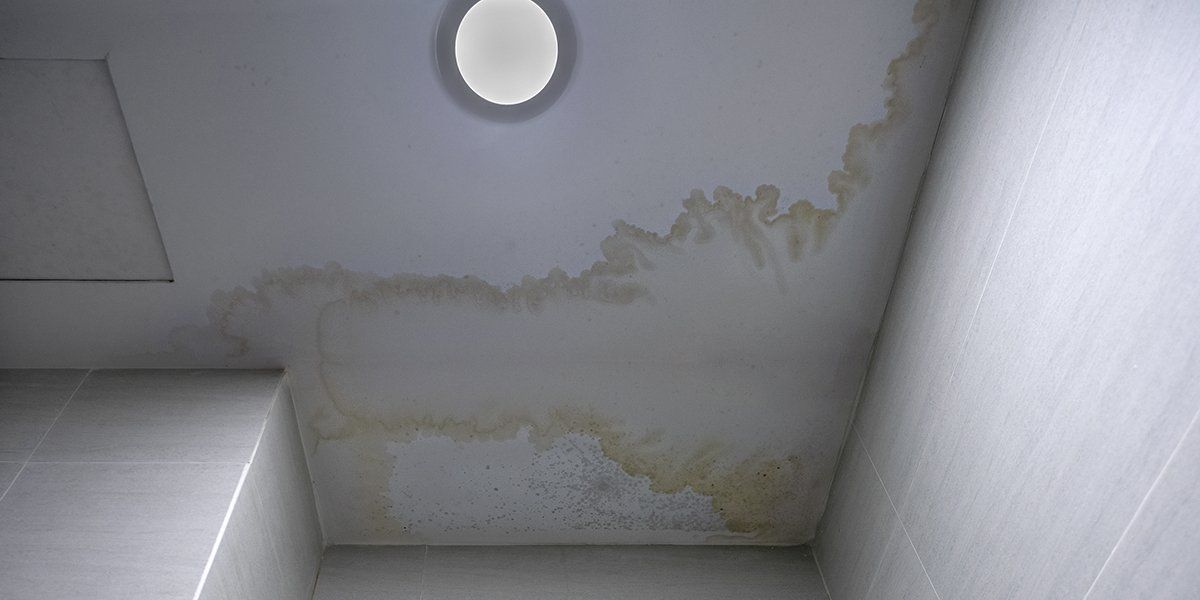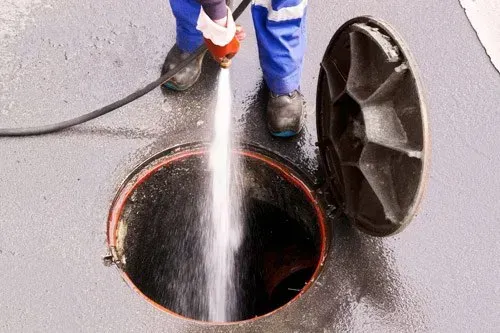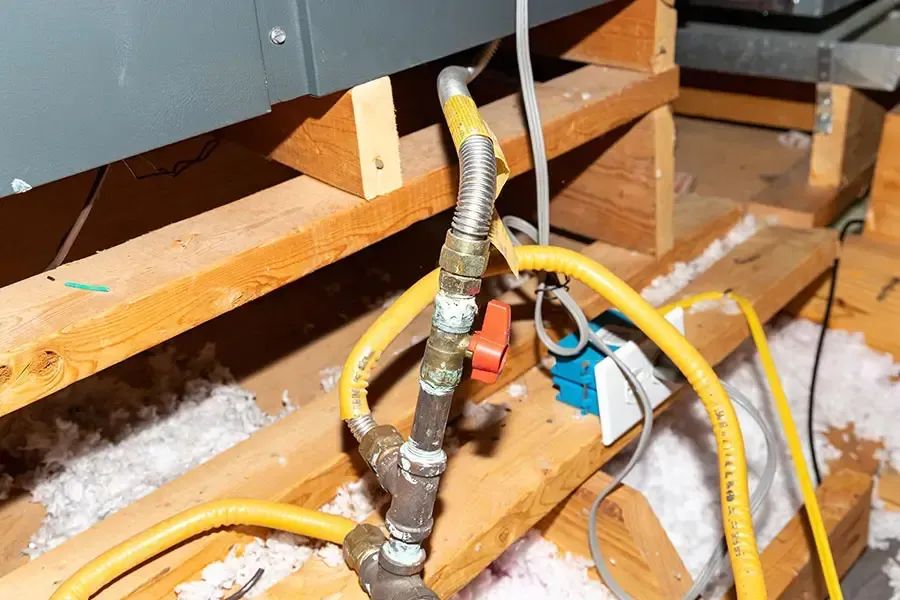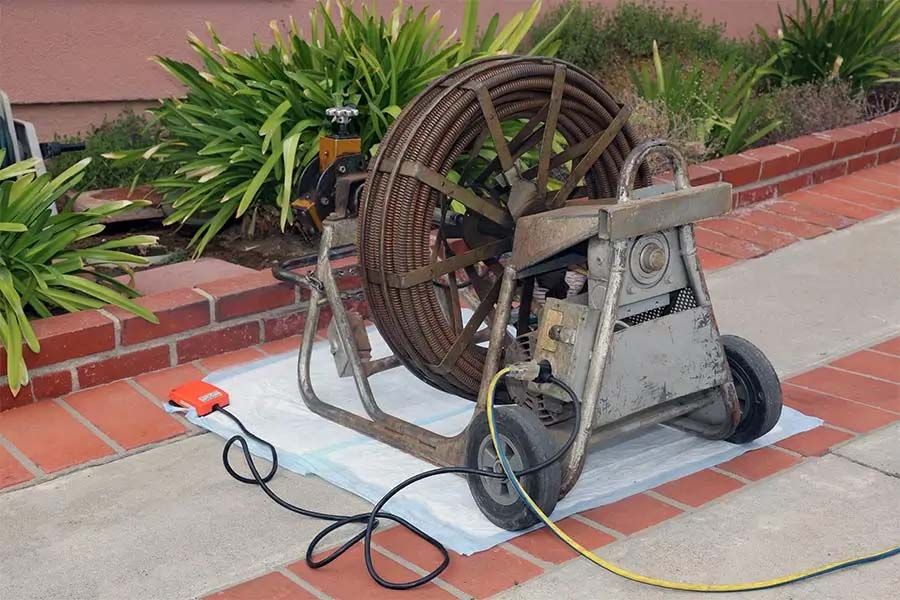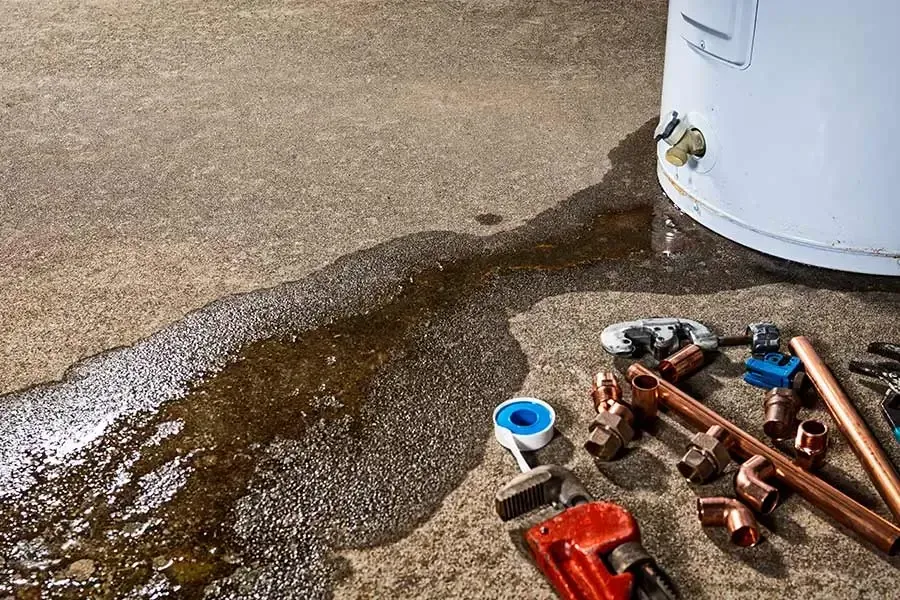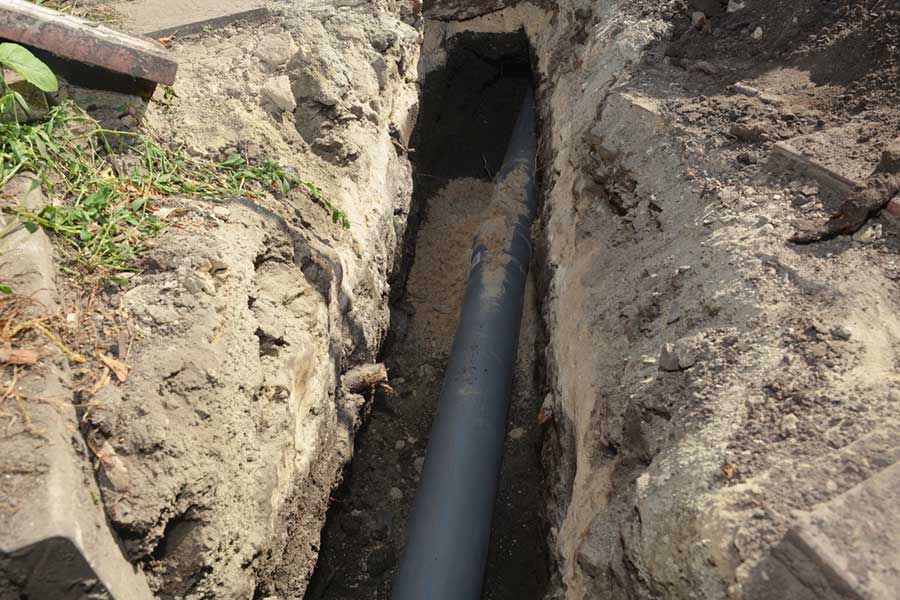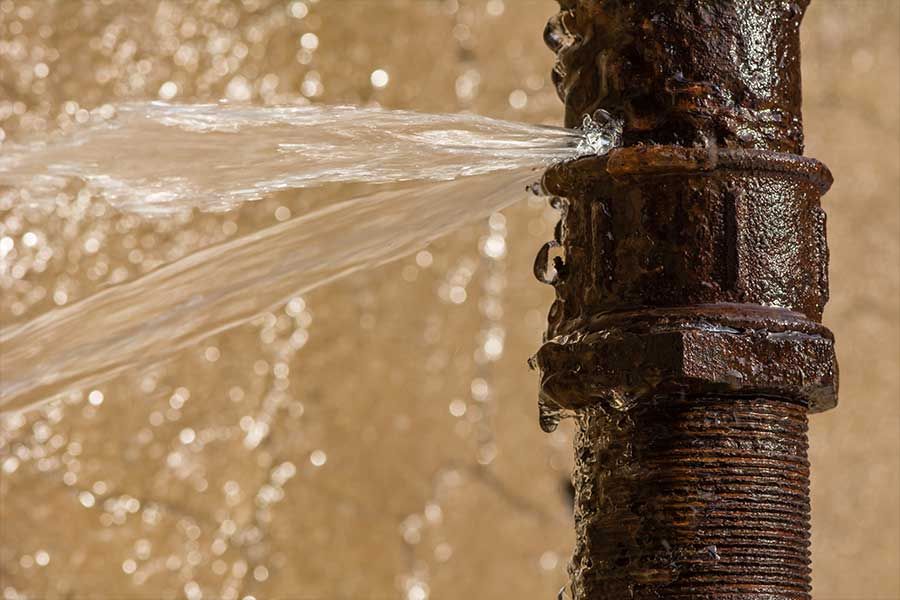4 Dangers of Raw Sewage Under the House
Are you having problems with your plumbing systems or sewage? Call (440) 485-3850 and get plumbing service from Formica Plumbing to eliminate the dangers of raw sewage under your house.
Plumbing and sewage systems make our lives easy in various ways. Without these systems, basic daily tasks like cooking, cleaning, and bathing would be more complex and tedious. Faucets, pipes, and accompanying drainage systems supply clean water while our homes and families from contaminated water.
Problems with your plumbing and sewage are not only an inconvenience but can also threaten your family’s health. When sewage backup causes raw sewage to accumulate under your home, it’s crucial to call Cleveland Heights' trusted plumbers. Hiring professionals to remove this biohazard safely is one of the only ways to avoid the dangers of raw sewage under your house.
What Is Raw Sewage?
Before learning the dangers of raw sewage under your house, it’s essential to understand precisely what sewage is and why it threatens your family’s health and safety. Sewage is water contaminated by any source in your home that contains a form of waste. While many believe sewage only comes from toilet use, soap, shower water, and laundry water contribute to sewage.
Since sewage comes from many sources with various contaminants, different chemicals can combine in unsafe ways to make sewage dangerous. If you detect a sewage leak in your home, call professionals to remove it immediately.
4 Dangers of Raw Sewage Under Your House
Sewage is not a healthy substance to be near. But what is so dangerous about raw sewage in our homes? Below are some of the main dangers of raw sewage under your home for too long.
Diseases and Bacteria
One of the top concerns with sewage interaction is that you or a family member could interact with dangerous bacteria that cause serious diseases. Because of the high concentration of chemicals and organic and human waste in sewer water, any interaction with this substance could quickly expose you to bacteria and diseases.
E. Coli
While E. coli occurs naturally in human digestive tracts, this bacteria can cause dreadful illness in other parts of the body. As one of the most harmful bacteria commonly contaminating sewage, E. coli can cause cramping, vomiting, and severe diarrhea.
If your home sewage system is leaking or accumulating sewage anywhere near your home, call professionals immediately. Removing sewage safely with special tools and receiving a thorough cleaning to eliminate any leftover E. Coli will keep your family healthy.
Hepatitis A
Sewage contact can also expose you or your family to the dangerous Hepatitis A virus. Hepatitis A not only adversely affects your liver but is highly contagious and can quickly spread around your home. If you notice jaundice, yellowing of the eyes, or experience liver problems shortly after exposure to sewage, you may have Hepatitis A.
Diseases from Sewage Spread Quickly
Although most homeowners believe that accidentally consuming raw sewage is the only way to contract these diseases, they are more easily transmittable than you might imagine. There are a few common ways sewage diseases spread, most of which probably wouldn’t seem threatening.
Learning the ways these diseases spread is crucial to avoid contracting these illnesses. Calling a professional is the best way to avoid situations where you may encounter sewer diseases this way.
Hand-to-Mouth
Hand-to-mouth contact is one of the most common ways homeowners can expose themselves to sewage. By attempting to clean up their sewage, homeowners might contaminate their hands and put them near their eyes or mouth. This exposure to sewage can quickly result in any of the diseases listed above.
Accidental Consumption
Accidental consumption is another standard mode of sewage exposure. When sewage leaks in your pipes, septic system, and drinking or bathing water, you can experience the adversities of sewage exposure. These contaminants can cause severe issues in your digestive system if consumed.
Direct Contact
You might have direct contact with sewage water if a cut or open wound accidentally interacts with this substance. Since contaminants and bacteria from sewage water can quickly enter the bloodstream through cuts, this is one of the most dangerous exposure modes. The risk of direct contact exposure is one of the many reasons why calling professionals to clean sewage is crucial.
Sewage Emits Airborne Contaminants and Diseases
Sewage is hazardous because not only does direct contact cause diseases, but airborne contaminants can threaten your family’s health as well. Sewer gas can expose homeowners to a condition called gastroenteritis, which is an illness that causes fever, vomiting, cramping, and even death if left untreated.
Sewer gas can also agitate asthma and adversely affect anyone with respiratory issues. Toxins and infected dust are some of the highest concentrated contaminants in sewer water. These fumes infect and attack your upper respiratory system, causing shortness of breath and other asthma-like respiratory problems.
Professionals can safely remove raw sewage that causes airborne diseases. Removing sewage and its accompanying toxins is the primary way to avoid these airborne illnesses.
Strong Odor
One of the seemingly less dangerous impacts of raw sewage exposure is the strong odor this substance emits. However, the hydrogen sulfide gas that causes the scent of rotten eggs is also a toxic gas that can cause adverse effects on your system.
Avoid using odor-masking agents in the case of sewage exposure, as this can eliminate the signs of hydrogen sulfide gas without mitigating its effects. Only professional removal of sewage protects from this exposure.
Can I Remove Raw Sewage?
Attempting to remove sewage from beneath your home is dangerous and not a job for unqualified amateurs. Along with all the diseases and health adversities possible from sewage exposure, removing this waste requires special equipment, techniques, and a sterilization drying process. Without following these steps, you could endanger yourself and your property.
Call Qualified Professionals from Formica Plumbing and Sewer Co to Remove Sewage
For more information about the dangers of raw sewage under your house or old plumbing, call (440) 485-3850 and schedule a service consultation with professional sewage and plumbing technicians from Formica Plumbing today!
